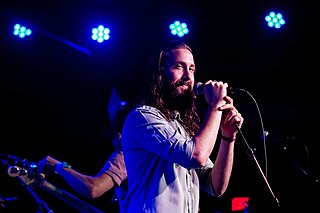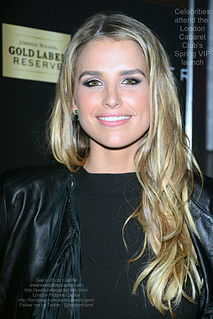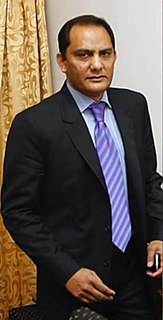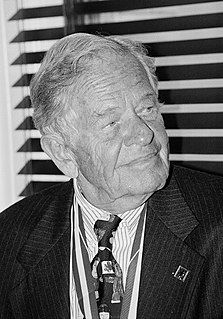A Quote by Stacey Solomon
I really struggle with my anxiety, I have done since I was a child. When I look back into it, I don't know what happened to make me the way I am, but it's definitely affected my anxiety levels and I've spent most of my life looking for coping mechanisms.
Related Quotes
When I'm sitting at my computer writing, I really have this fiendish smile on my face. I am not thinking about the past or the future or how it's going to be received. I feel that I'm very lucky that way; I don't carry that particular anxiety around with me. I'm not anxiety-free by any means, but that happens to be one that I've been spared.
Rational anxiety is when you're aware of the source of your anxiety. Like, if I have to host an award show or talk to millions of people on the radio, I'm going to feel anxious, and I know why. Irrational anxiety is when I'm leaving CVS, and there's a car behind me, and I'm wondering if he's following me home.
A family's responses to crisis or to a new situation mirror those of a child. That is to say, the way a small child deals with a new challenge (for instance, learning to walk) has certain predictable stages: regression, anxiety, mastery, new energy, growth, and feedback for future achievement. These stages can also be seen in adults coping with new life events, whether positive or negative.
Now that I think about it, my 40th birthday was the most anxiety I've ever had, and my wedding was also the second time I've had that much anxiety. So I'm starting to realize that I can't be throwing these big bash parties because I need to own that I get anxiety with a lot of people diverting their attention to me.
Anxiety is so pervasive in my work, it's like it's not even a thing because it's always there. Like air. I have to work through a layer of anxiety to get to anything else. It's embarrassing to me when people point out to me all the anxiety I portray in my work. I don't ever want to write about anxiety again but it'd be like leaving a huge gap in the picture.
Surveillant anxiety is always a conjoined twin: The anxiety of those surveilled is deeply connected to the anxiety of the surveillers. But the anxiety of the surveillers is generally hard to see; it's hidden in classified documents and delivered in highly coded languages in front of Senate committees.
Sovereignty is the term the Bible uses to describe God's perfect control and management of the universe. He preserves and governs every element. He's continually involved with all created things, directing them to act in a way that fulfills his divine purpose. That's why the most stressed-out people are control freaks. They fail at the quest they most pursue. The more they try to control the world, the more they realize they cannot. Life becomes a cycle of anxiety, failure; anxiety, failure; anxiety, failure. We can't take control, because control is not ours to take.

































